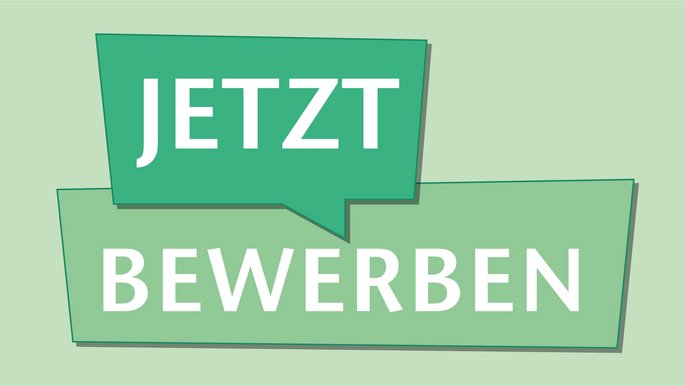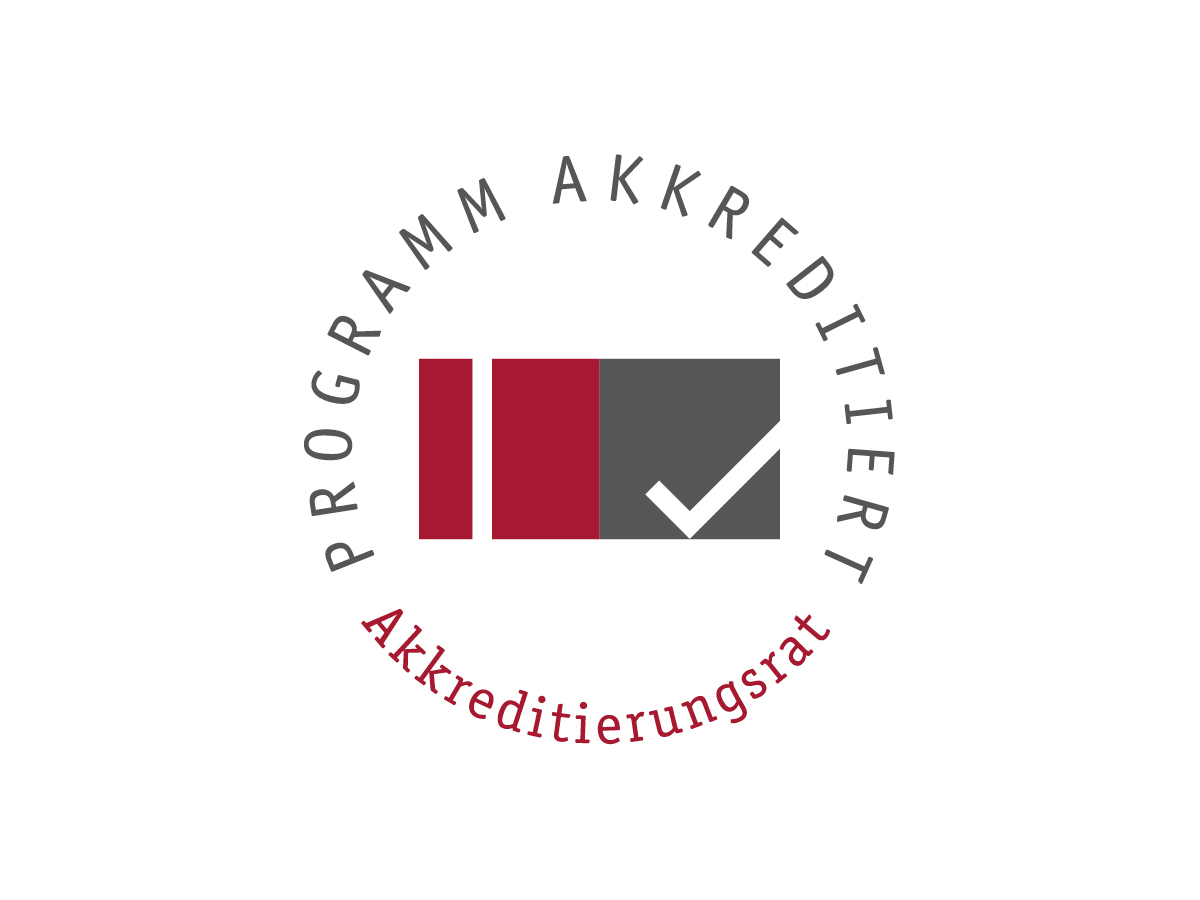NEW! Now with an interdisciplinary first semester project and exercises in all economics lectures.
The subject of business administration is the description, explanation and support of decision-making processes in companies. Business administration includes production management, materials management and logistics, sales management (marketing), corporate accounting, investment and financial accounting and corporate management. The aim of the Bachelor's degree course in Business Administration is to train responsible women and men with management skills who are able to think in broader contexts and transfer scientific concepts to specific areas of application.
Job profile and labor market
The situation on the job market for economics graduates remains good. Current job market analyses show that almost 80% of companies are looking for economics graduates. Successful completion of the Bachelor's degree in Business Administration at Clausthal University of Technology makes it possible to take on positions that require basic knowledge of economics. This means that you can enter middle management positions or operational activities in a wide range of operational areas. Completion of the advanced Master's degree course in Technical Business Administration opens up career paths in research and opportunities to take on senior management positions in business.
- Purchasing
- Logistics
- production
- Marketing and sales
- Project Management
- Controlling and accounting
- Maintenance and quality management
What makes the degree program in Clausthal special
At Clausthal University of Technology, great importance is attached to teaching methodological principles for decision-making in companies. In addition to a sound basic education in economics, the teaching of mathematics, computer science and statistics is of particular importance, as quantitative economic content characterizes the course. The aim of the course is to acquire specialist knowledge and skills that promote analytical thinking, ensure problem-oriented work and enable lifelong further qualification. In addition to the good supervision, the course is characterized by a high proportion of tutorials and innovative teaching concepts.
Structure of the study program
The compulsory economics program consists of a foundation module with two introductory courses, six core modules in business administration and two in economics as well as three in-depth modules. The core subjects that are not purely economic include mathematics, statistics and business informatics. In addition, students attend a seminar and acquire knowledge of business English and law. In addition to the compulsory program described above, students have the opportunity to deepen their content-related and methodological knowledge in three compulsory elective modules. A practical module, which includes an eight-week internship and a business simulation game, and the Bachelor's thesis complete the course.
- Business accounting
- Management
- Investment and financing
- Production management
- Marketing and market research
- Business research and decision theory
- Micro- and macroeconomics
- Mathematics, statistics and business informatics
- Law

Prof. Dr. Heike Schenk-Mathes
Phone: +49 5323 72-7604
Fax: +49 5323 72-7699
E-mail: ba.bwl@tu-clausthal.de
Institute of Economics
Julius-Albert-Straße 2
38678 Clausthal-Zellerfeld
Overview
Type: Bachelor's degree programme
Duration: 6 semesters
Language of instruction: German
Degree: Bachelor of Science (B.Sc.)
Admission requirement: Higher education entrance qualification
Start: The winter semester is recommended.
Accreditation: notification German Accreditation Council
accredited until 30 September 2032
Beginning of studies
Welcome Weeks (before lectures begin)
TU Clausthal supports students as they start their studies with various event formats.
Pre-mathematics course (before lectures begin)
The Institute of Mathematics offers a pre-mathematics course for all first-semester students (in German).
These courses may also interest you
Digital Management
Industrial Engineering
Digital Technologies
Subsequent Master's degree programmes
Documents
Course Flyers
Model Study Plans
Part-time Study
Examination Regulations
Internship Regulations
Elective Course Catalogues
Module Handbooks



